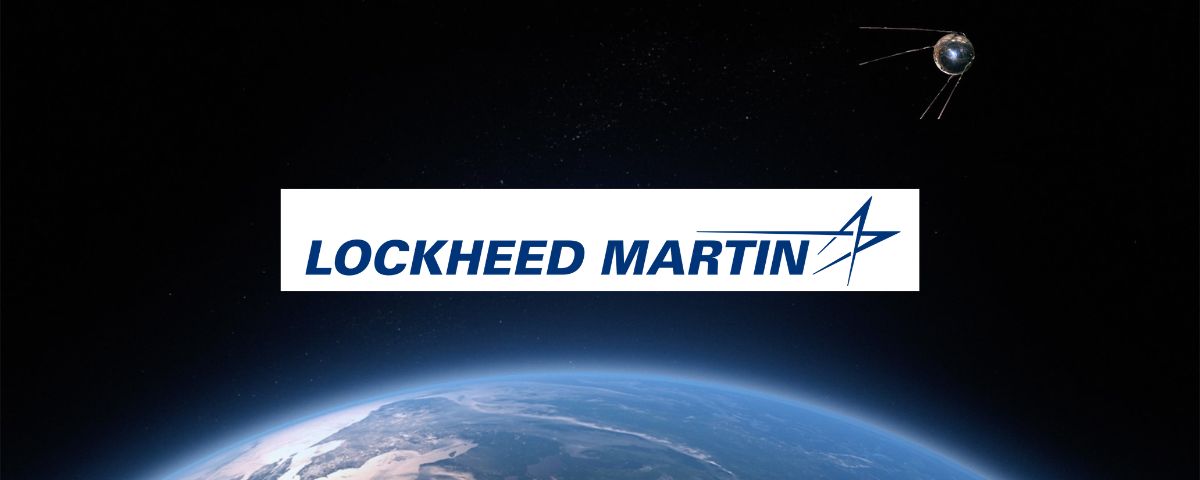
Lockheed Martin has unveiled plans to launch a 5G connectivity demonstration payload into orbit next year, marking a milestone in its 5G.MIL initiative initiated in 2020. This project responds to military demands for high-speed wireless communications, aiming to create an “all-domain network” that seamlessly connects space assets, aircraft, ships, and ground forces. The company conducted a successful hardware-in-the-loop test of a 5G non-terrestrial network payload in October and is set to launch a satellite in 2024 for a space demonstration.
The upcoming satellite will host the industry’s first regenerative advanced 5G satellite base station for a non-terrestrial network. Unlike previous commercial demonstrations, Lockheed Martin’s regenerative payload conducts signal processing and radio access networking onboard the satellite, enhancing resiliency in areas lacking secure ground communications. The 5G network is 3GPP Release 17-compliant, aligning with global wireless communication standards.
A live field demonstration in October showcased a hybrid network spanning land, air, and space domains, incorporating 5G connectivity and tactical networks used by the military. Lockheed Martin is exploring options to market this technology, considering integration into a Lockheed Martin 5G private network, collaboration with commercial partners, and potential offerings to commercial mobile network operators.
The company emphasizes reducing the size, weight, and power of networks to facilitate deployment in diverse environments, including aircraft, ground vehicles, and ships. Lockheed Martin aims to leverage standards-based networks to lower user terminal costs and enhance interoperability. The space demonstration is entirely funded by Lockheed Martin, reflecting a significant investment in advancing 5G capabilities across different platforms. The 5G payload, roughly the size of a microwave oven, is undergoing environmental testing and will be installed on a small satellite bus for the upcoming launch, the specifics of which are yet to be determined. Lockheed Martin has engaged with multiple wireless providers and satellite communications companies interested in deploying 5G payloads for low-Earth orbit satellites, emphasizing the potential partnerships and opportunities emerging in the evolving space communication landscape.



